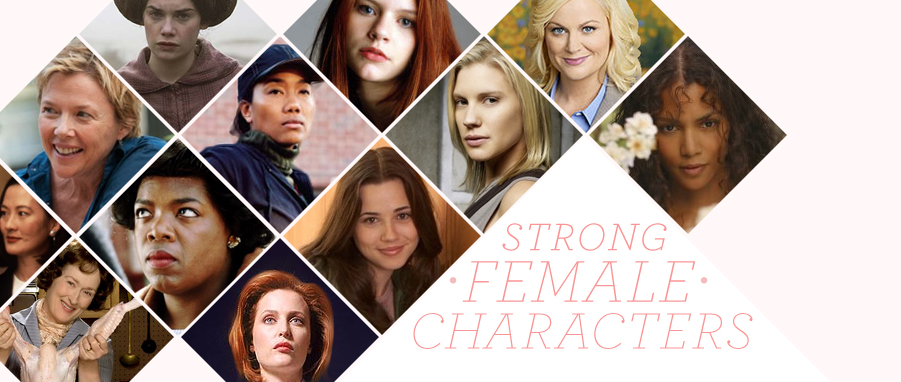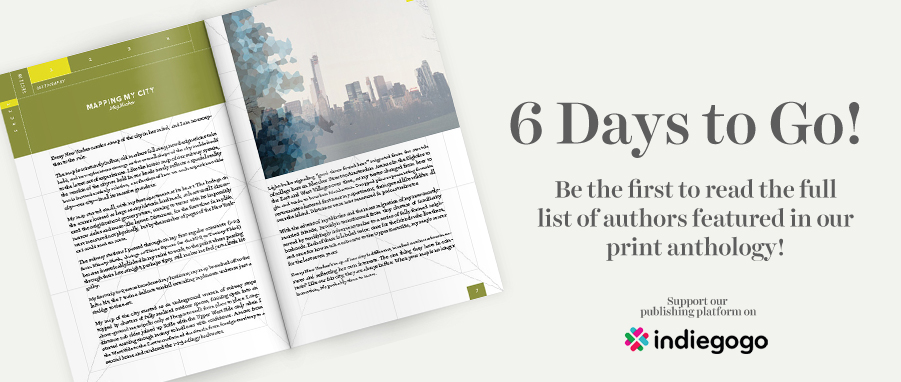 On the first day in our new apartment, we got locked out.
On the first day in our new apartment, we got locked out.
He had done all of the moving, from the bookshelves to the suitcases of clothes and the food to the curtains. Every time he reminded me, I reminded him that "I did all the packing", as though that were somehow the same -- as though one needs to equalize the burdens of transition. While he was lugging our lives' belongings up the new windy staircase, I was presenting my research on wartime sexual violence at a conference in Canada and putting the finishing touches on a conflict assessment in Pakistan.
What is it that grounds us in a new home? Is it our feet on the ground, physically through the new doorway, keys in hand? Is it the first story that you tell about it, the first memory you make?
My initial answer has always been that a home needs to look like a home in order to feel like a home -- whatever that means. From Sudan to Guatemala, I have always been a fervent unpacker. Once my feet are on the ground and I have shut the door behind me, I need everything to find its rightful place. In this vision of settling in, it is irrelevant whether my belongings are as sparse as a few changes of clothes and a toothbrush or as weighty as desks-and-shelves-and-curtains. My usually vast patience for transition and uncertainty evaporates the second I am graced with the perception that I have arrived somewhere and, once that perception sets in, the cardboard boxes need to be out of sight, as do all tokens of impermanence.
This is why, on my first night back from the conference on gender and armed conflict, I was building a desk, still in my slacks and blouse.
What if it is the first memory you make that grounds you in a new home? The first narrative that emerges that can guide all the other stories along?
On the first day in our new apartment, we got locked out. I departed for my conference from our previous home, zigzagging a carry-on suitcase past cardboard boxes waiting to be transported. That was the last time I walked out the door of that place, parting with that site of memories. I did not even have keys to the new place; they, like all our life belongings, were with Elijah, patiently supervising the move in my absence. At the end of a day of lugging and carrying and lifting, he came downstairs to let me in ... and the door closed behind him. That is how I found myself on my new patio, still in heels, googling locksmiths. It was our first night in the apartment, and we essentially had to break in.
"How do you usually open this door?," the locksmith asked. We just stared. "I have yet to open it," I admit. He looks at me dumbfounded.
"You two don't live together?"
"We just moved here," Elijah offers. "Idiots," is written all over the locksmith's face.
Locksmiths learn an awful lot about a couple's life, as it turns out. They know, for instance, how her conference presentation went and, if they eavesdrop carefully enough, they may also know a thing or two about the patterns of wartime sexual violence. They know he paces on the patio, exhausted from moving, frustrated that this is how they have to make their new beginning. They know she taps her foot because it is too early to appreciate the humor of it all. An hour later, she crosses the doorway of the new apartment and adds the carry-on suitcase to the pile of items that need unpacking in the foyer.
Memories of homes in which I have lived are attached to patterns of light. The early Saturday light hitting our bed in Somerville, the Jerusalem light flooding the window seat in the afternoon, the light on the tin roof in Bogotá, reflecting onto my face as I sit at the kitchen table. Watching the light move through this new home, finding its sunny corners and cozier coves, is how memories start.
But truly, what grounds me in a new home is not the fervent unpacking -- though I can admit that less than a week into our stay here, there is not a piece of furniture that has not been assembled and a cardboard box that has not been recycled. It is routine that I find grounding. The start of a story is, in part, marked by that first moment of memory and in part by new light gracing unexplored spaces. But the next chapters, the threads that tie it together and let the patterns emerge, float out of the small motifs of daily life. New stories begin with an exhale, as though we are trying to breathe life into a new home. This is why I asked Elijah not to unpack the coffee-maker quite yet. I am trying to hold on to that moment of brewing the first pot of coffee, finding a corner in which to read, and opening one of the books on my summer reading list.
We are still bruised. On our second day here, I hit my head on the mantel so hard that I still have a bump on my head to prove it -- and this was before the first grocery run that would have supplied the frozen peas to stick onto my head and take the burn away. Our knees are bruised from bumping into furniture in the night. I still walk with my hands outstretched, feeling around for the new space, squinting in the dark. I do not have the seamless routine of 'home' quite yet, of knowing where the sharp edges are, and where the light switches are hiding, and which cables not to trip on, and how to stick the key in the lock smoothly and unlock it with the confidence of someone who repeats that motion every day. I am holding on to that first cup of coffee and to the exhale that will accompany it.
Home begins with light, with a story and a memory, with an exhale. Home begins with a cherished ritual.








 A few story collections I'm currently enamored with:
A few story collections I'm currently enamored with: 



 For the most part we experience the world as consistent. Even change follows a certain kind of pattern. Difference comes, and then it repeats itself: tempering in a cycle of time.
For the most part we experience the world as consistent. Even change follows a certain kind of pattern. Difference comes, and then it repeats itself: tempering in a cycle of time.





















 Amidst a chorus of OOH’s from my friends, none of us so sober ourselves, the memory of writing down swear words flickers through my mind---sitting in the small kitchen in Normandy with Madeleine spelling the sentences out for me, word for word. I’m glad her teaching didn’t go to waste.
Amidst a chorus of OOH’s from my friends, none of us so sober ourselves, the memory of writing down swear words flickers through my mind---sitting in the small kitchen in Normandy with Madeleine spelling the sentences out for me, word for word. I’m glad her teaching didn’t go to waste.



